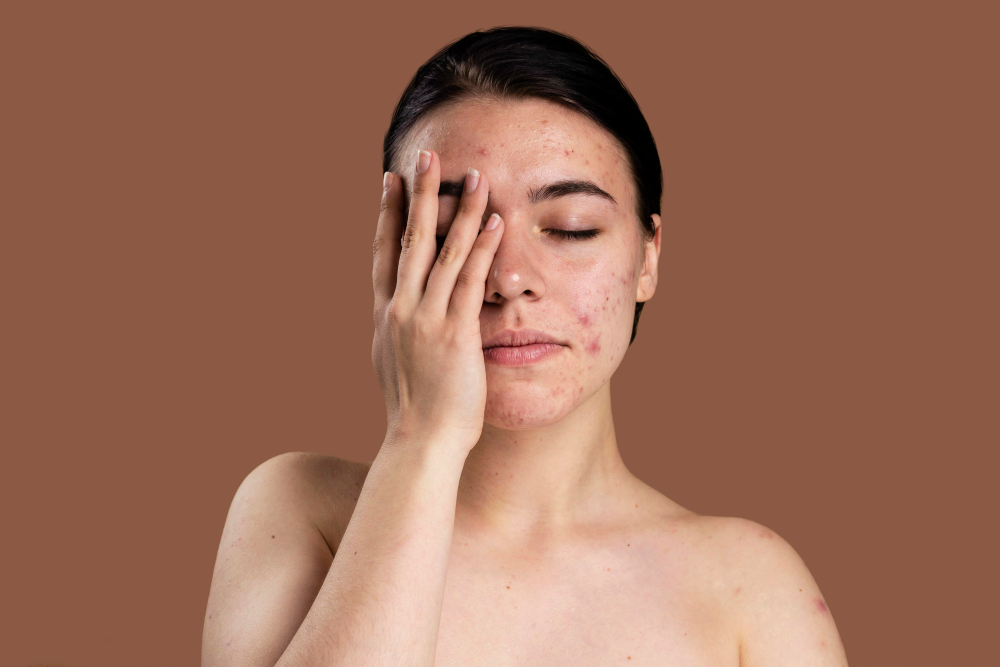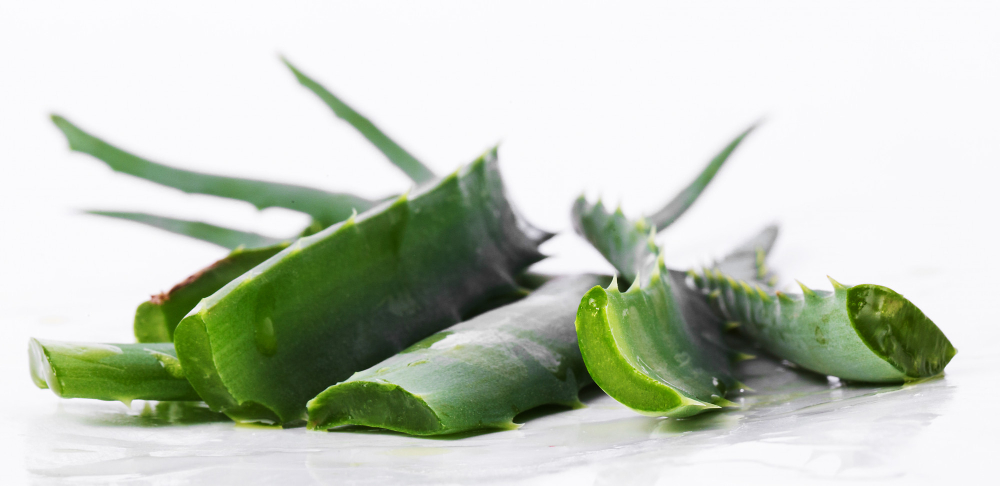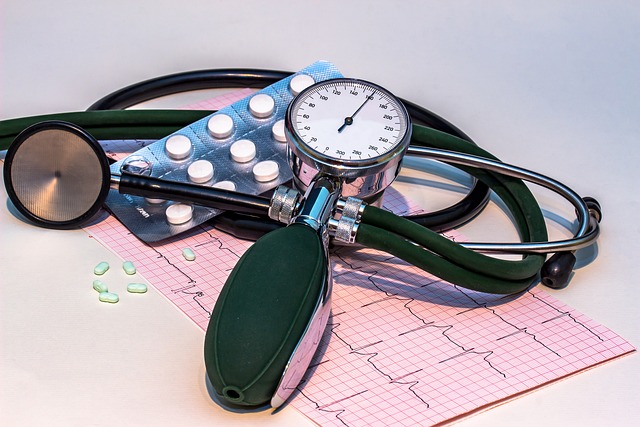In today’s beauty-obsessed world, having clear and smooth skin is a top priority for many people. One common skin concern that plagues both teenagers and adults alike is acne scars. These pesky marks can be stubborn to get rid of, but fear not, as there are natural remedies that can help fade acne scars and restore your skin’s natural radiance. In this article, we will explore effective ways to remove acne scars naturally without harsh chemicals or expensive treatments.
Understanding Acne Scars

Before diving into the world of natural remedies of how to remove acne scars it’s essential to understand what acne scars are and how they form. Acne scars are the result of inflamed blemishes caused by clogged pores, which can occur due to excess oil production, bacteria, or hormonal changes. When the skin tissue is damaged during the healing process, it can lead to acne scars, which come in different forms such as ice pick scars, boxcar scars, and rolling scars.
Natural Remedies for how to remove Acne Scars
1. Lemon Juice

Over time, lemon juice, a natural bleaching agent, can help fade acne scars. Simply apply freshly squeezed lemon juice to the affected area using a cotton ball and leave it on for about 10-15 minutes before rinsing off with lukewarm water. Lemon juice’s citric acid aids in cell turnover and skin exfoliation, which lessens the visibility of acne scars.
2. Aloe Vera

Aloe vera is known for its soothing and healing properties, making it an excellent natural remedy for how to remove acne scars. Apply pure aloe vera gel directly to the scars and leave it on overnight for best results. Aloe vera helps moisturize the skin, promote healing, and reduce inflammation, which can help fade acne scars over time.
3. Honey

Honey is a natural humectant that can help hydrate the skin and promote healing. Apply raw honey to the acne scars and leave it on for about 20 minutes before rinsing off with warm water. Honey has antibacterial properties that can help prevent further breakouts while reducing the appearance of scars.
4. Tea Tree Oil

Tea tree oil is a powerful essential oil that has antimicrobial and anti-inflammatory properties, making it a great natural remedy for how to remove acne scars. Dilute tea tree oil with a carrier oil like coconut oil and apply it to the scars using a cotton swab. Before rinsing it off, let it sit for roughly thirty minutes. Tea tree oil can help reduce redness, inflammation, and scarring associated with acne.
Lifestyle Changes for Healthy Skin
In addition to using natural remedies of how to remove acne scars, making some lifestyle changes can also help improve the appearance of acne scars and promote overall skin health. Here are some tips:
- Stay Hydrated: Drinking plenty of water can help keep the skin hydrated and promote healthy cell turnover, which can aid in fading acne scars.
Eat a Balanced Diet: Consuming a diet rich in fruits, vegetables, and lean proteins can provide essential nutrients for skin health and repair.
Protect Your Skin: Always wear sunscreen to protect your skin from harmful UV rays, which can worsen the appearance of acne scars.
By incorporating these natural remedies and lifestyle changes into your skincare routine, you can effectively fade acne scars and achieve clear, glowing skin without harsh chemicals or treatments. Remember, consistency is key when it comes to skincare, so be patient and give these remedies time to work their magic. Bid adieu to acne scars and welcome to glowing skin, Learn how to remove acne scars naturally using home remedies like lemon juice, aloe vera, honey, and tea tree oil. Discover tips for healthy skin and say goodbye to pesky acne scars for good.
FAQ’s
How to remove acne scars fast
To remove acne scars fast, there are several effective methods you can try. One option is to use topical treatments such as retinoids or vitamin C serums, which can help fade scars over time. Another approach is to undergo professional treatments like chemical peels, microdermabrasion, or laser therapy, which can yield quicker results. Additionally, keeping your skin well-hydrated and protected from the sun can aid in the scar healing process. It’s important to be patient and consistent with your chosen treatment method, as removing acne scars can take time and may require a combination of approaches for best results. Consulting with a dermatologist can also provide personalized recommendations based on your skin type and scar severity.
Can you 100% remove acne scars?
Removing acne scars completely can be challenging, as it depends on various factors such as the severity of the scars, skin type, and treatments used. While it is possible to significantly reduce the appearance of acne scars through treatments like laser therapy, chemical peels, microneedling, and topical creams, complete removal is not always guaranteed. It is essential to consult with a dermatologist or skincare specialist to determine the most suitable treatment plan for your specific needs. Consistent skincare routine, healthy lifestyle choices, and sun protection can also help in improving the overall appearance of acne scars over time. Patience, diligence, and professional guidance are key in achieving the best possible results in scar removal.
Can ice remove acne scars?
Ice can help reduce the appearance of acne scars by constricting blood vessels, reducing inflammation, and numbing the skin to alleviate pain. Applying ice to acne scars can also help improve blood circulation, promoting faster healing and reducing redness and swelling. However, it is important to note that while ice can provide temporary relief and improve the appearance of acne scars, it is not a permanent solution. For more significant or stubborn acne scars, it is recommended to consult a dermatologist for professional treatment options such as laser therapy, chemical peels, or microdermabrasion. Consistent skincare routine and sun protection are also key factors in reducing and preventing acne scars.
Are acne marks permanent?
Acne marks are typically not permanent, but they can take time to fade. Post-inflammatory hyperpigmentation, which causes dark spots to form after a pimple heals, can last for weeks to months before eventually fading on its own. In some cases, more stubborn marks may require treatment such as topical creams, chemical peels, or laser therapy to help speed up the fading process. It’s important to avoid picking or squeezing pimples, as this can worsen hyperpigmentation and increase the likelihood of scarring. Maintaining a consistent skincare routine and using sunscreen daily can also help prevent further pigmentation issues and promote overall skin health. If you’re concerned about acne marks, consult with a dermatologist for personalized recommendations and treatment options.







